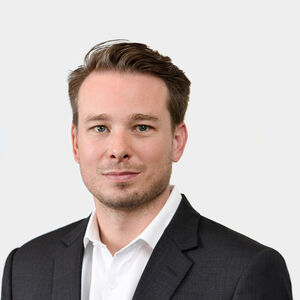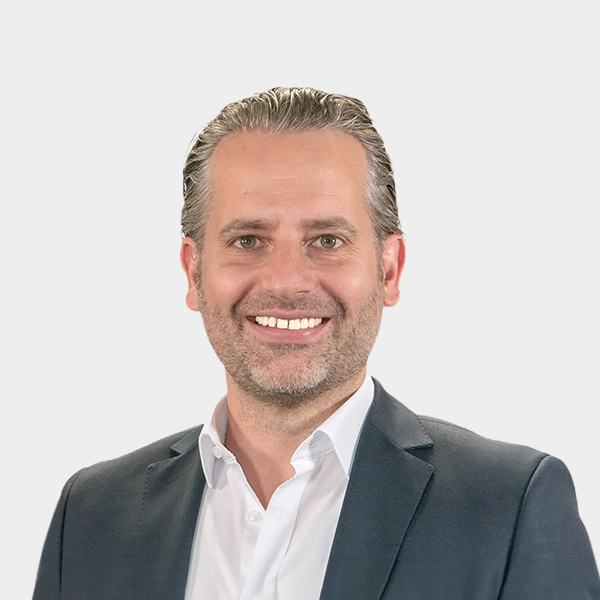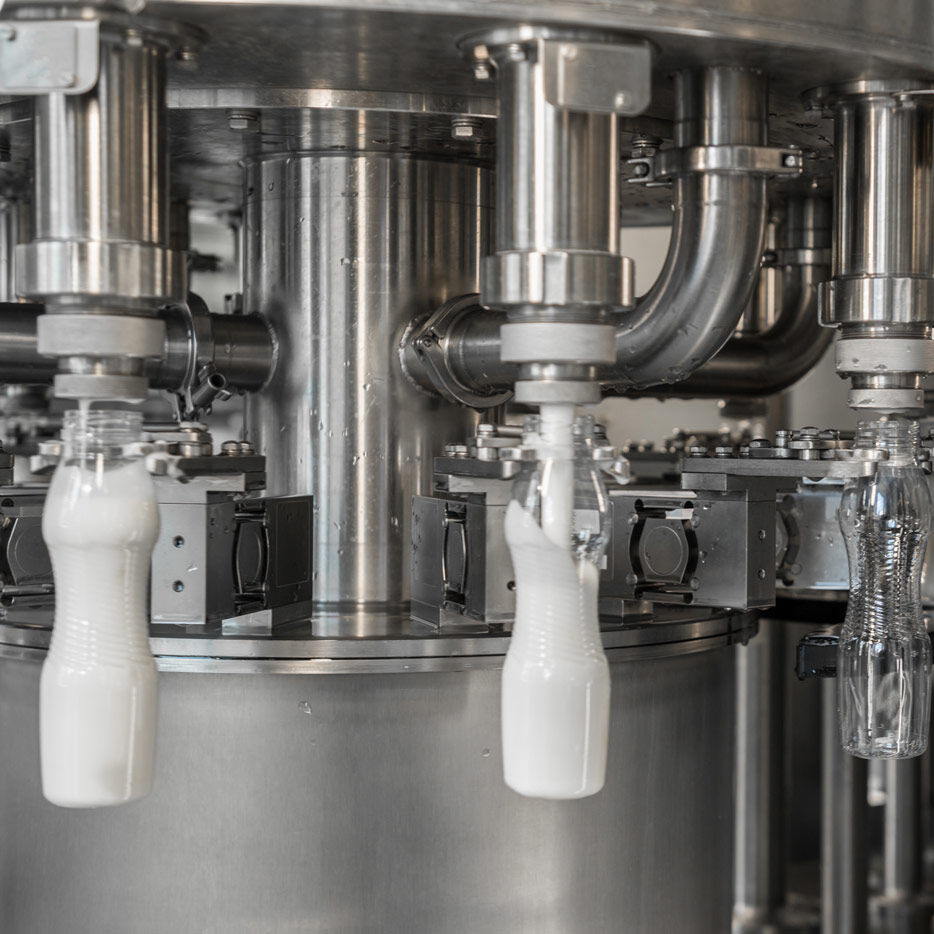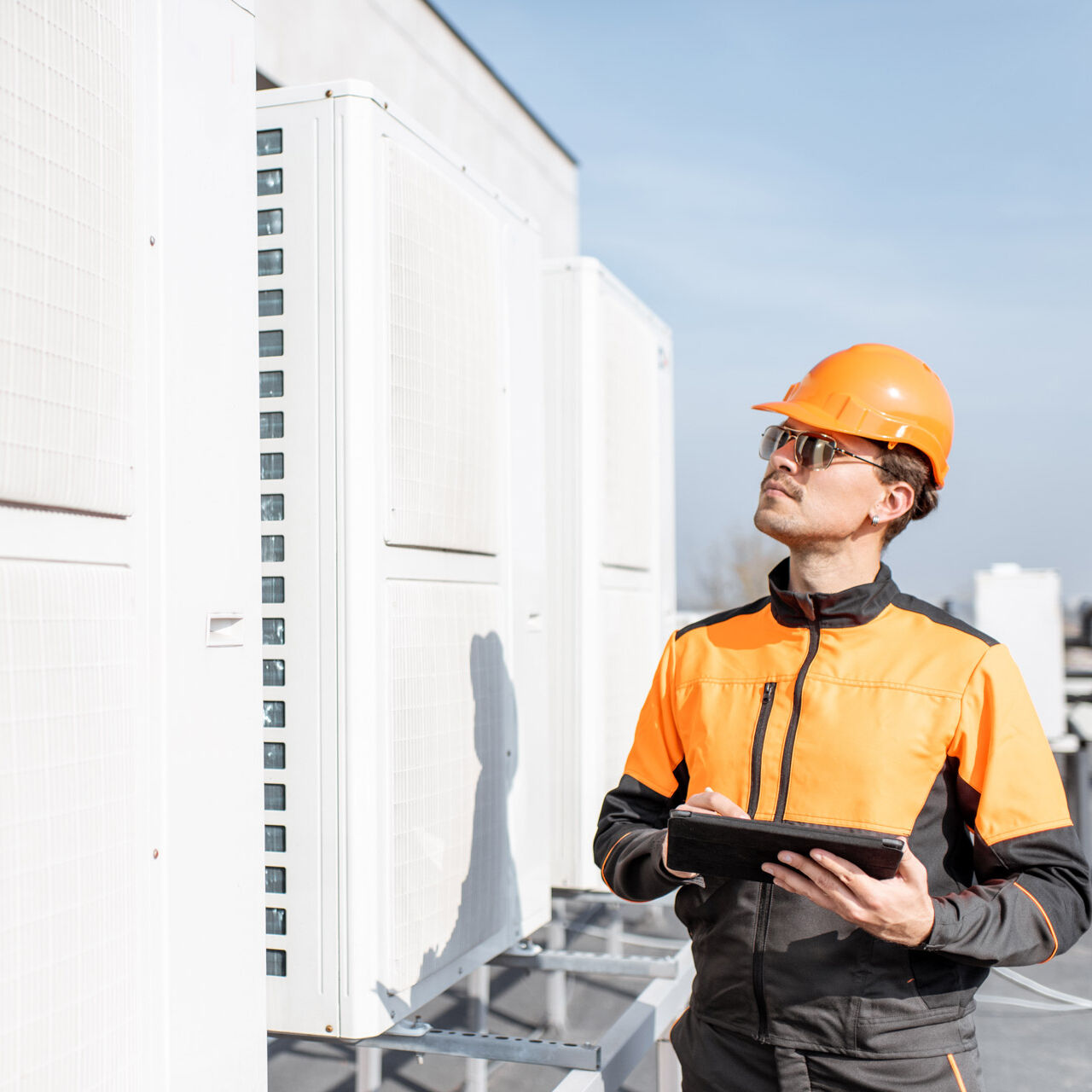The Future Factory is a team player. Its key characteristics are modularity and mobility of systems, transparency, standardization and digitalization, avoidance of wasted resources as well as comprehensive networking and connectivity. As a result, the factory of the future can be integrated quickly and efficiently into global production networks and designed according to its "playing position" and production strategy: In discrete manufacturing, for example, the interaction of complex and capital-intensive lead plants, component plants designed for global economies of scale and flexible, regionally oriented satellite factories is required in order to establish competitive and highly adaptive production.




